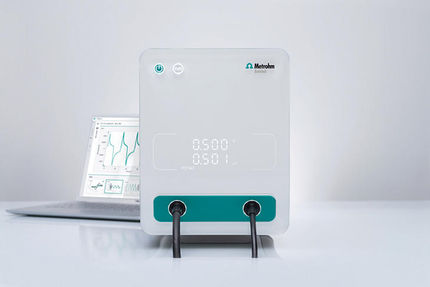To use all functions of this page, please activate cookies in your browser.
my.chemeurope.com
With an accout for my.chemeurope.com you can always see everything at a glance – and you can configure your own website and individual newsletter.
- My watch list
- My saved searches
- My saved topics
- My newsletter
PHOLEDPHOLED is an acronym that stands for phosphorescent organic light-emitting diode (OLED). This type of technology is currently under development by a Ewing, New Jersey company called Universal Display Corporation. Product highlightMethod of OperationLike all types of OLEDs, PHOLEDs function via the following method: an electric current is applied to organic molecules, which then emit bright light [1]. However, PHOLEDs use "...the principle of electrophosphorescence to convert up to 100% of the electrical energy in an OLED into light."[2]. In comparison, traditional fluorescent OLEDs only convert approximately 25-30% of electrical energy into light. Due to their extremely high level of energy efficiency, even when compared to other OLEDs, PHOLEDs are being studied for potential use in large-screen displays such as television monitors or TV screens, as well as general lighting needs. One potential use of PHOLEDs as lighting devices is to cover walls with gigantic PHOLED displays. This would allow entire rooms to glow uniformly, rather than require the use of light bulbs which distribute light unequally throughout a room. The United States Department of Energy has recognized the potential for massive energy savings via the use of this technology and therefore has awarded $200,000 in contracts to develop PHOLED products for general lighting applications. ChallengesOne problem that currently hampers the widespread adoption of this highly energy efficient technology is that red-colored PHOLEDs and yellow PHOLEDs can last tens of thousands of hours longer than blue PHOLEDs. This causes displays to become visually distorted much sooner than would be acceptable for a commercially viable device. ReferencesCategories: Optical diodes | Molecular electronics |
| This article is licensed under the GNU Free Documentation License. It uses material from the Wikipedia article "PHOLED". A list of authors is available in Wikipedia. |







